2023 E-ffiliates Retreat
speakers
Making Research a Reality: Innovating the Built Environment for a Net-zero Future
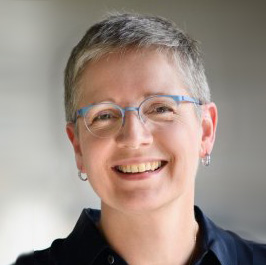
Claire F. Gmachl
Interim Director; Andlinger Center for Energy and the Environment; Eugene Higgins Professor of Electrical Engineering; Head of Whitman College, Princeton University
Gmachl’s research group works on the development of new quantum devices, especially lasers, and their optimization for systems applications ranging from sensors to optical communications. Since 2021, she has led the Andlinger Center for Energy and the Envrironment. Gmachl received her Ph.D. in 1995 from the Technical University of Vienna (Austria). She worked for seven years at Bell Labs, where she worked on quantum cascade lasers. She joined Princeton University in 2003. In 2005, she received a MacArthur Foundation fellowship. From 2006 to 2016, Gmachl directed the Engineering Research Center for Mid-Infrared Technologies for Health and the Environment (MIRTHE), headquartered at Princeton. MIRTHE is a National Science Foundation Engineering Research Center with partners including the City College New York, Johns Hopkins University, Rice University, Texas A&M, and the University of Maryland-Baltimore County. The center encompasses a world-class team of engineers, chemists, physicists, environmental and bioengineers, and medical doctors. MIRTHE developed infrared optical trace gas sensing systems based on new technologies, such as quantum cascade lasers or quartz-enhanced photo-acoustic spectroscopy, with the ability to detect minute amounts of chemicals found in the environment or atmosphere, emitted from spills, combustion, or natural sources, or exhaled in human breath.
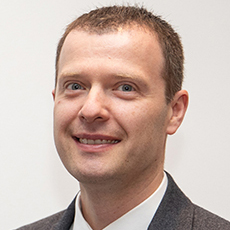
Barry Rand
Associate Director for External Partnerships, Andlinger Center for Energy and the Environment; Professor of Electrical and Computer Engineering and the Andlinger Center for Energy and the Environment, Princeton University
Rand joined the Princeton University faculty in 2013. His research interests highlight the border between electrical engineering, materials science, chemistry, and applied physics, covering electronic and optoelectronic thin-films and devices. He has authored approximately 160 refereed journal publications and holds 25 issued U.S. patents. He has received several awards and accolades, including the 3M Nontenured Faculty Award (2014), DuPont Young Professor Award (2015), DARPA Young Faculty Award (2015), and ONR Young Investigator Program Award (2016). Rand earned a B.E. in electrical engineering from The Cooper Union in 2001 and received M.A. and Ph.D. degrees in electrical engineering from Princeton University. From 2007 to 2013, he was at imec in Leuven, Belgium, ultimately as a principal scientist, researching the understanding, optimization, and manufacturability of thin-film solar cells.

Jeff Terry
KEYNOTE SPEAKER – Vice President, Corporate Social Responsibility and Sustainability, GAF
Terry serves as Vice President, Corporate Social Responsibility & Sustainability at GAF, North America’s largest roofing and weatherproofing manufacturer, leading the development and implementation of the company’s long-term ESG strategy for GAF’s enterprise priority focus on social impact. In this role, Terry drives environmental sustainability and community engagement efforts that reinforce GAF’s value of making a lasting impact in the communities in which the company operates daily and in times of great need.
With over 25 years of relevant experience, Terry has worked successfully with organizations and their stakeholders to weave enterprise-wide CSR and sustainability processes and initiatives into the fabric of corporate business strategy. Prior to joining GAF, Terry served in a dual role at Amway Corporation as the Global Head of Corporate Social Responsibility and Director of Integrated Marketing Communications. During his tenure, Terry instituted the first CSR and sustainability goals for operations and product development and developed global initiatives to fight childhood malnutrition throughout Africa, Asia, and the Americas. With a career in sustainability spanning more than 25 years, Terry also held roles with Sears Holdings Corporation, Cone Communications, and Whirlpool Corporation. Terry has worked at the intersection where societal issues meet the marketplace and thrives in developing multi-sector solutions to help meet the challenges of today and tomorrow. A nationally-recognized speaker on CSR and sustainability, Terry has presented to the United Nations and at many global conferences. He holds a bachelor of science degree and a master of science degree in applied economics from Clemson University.
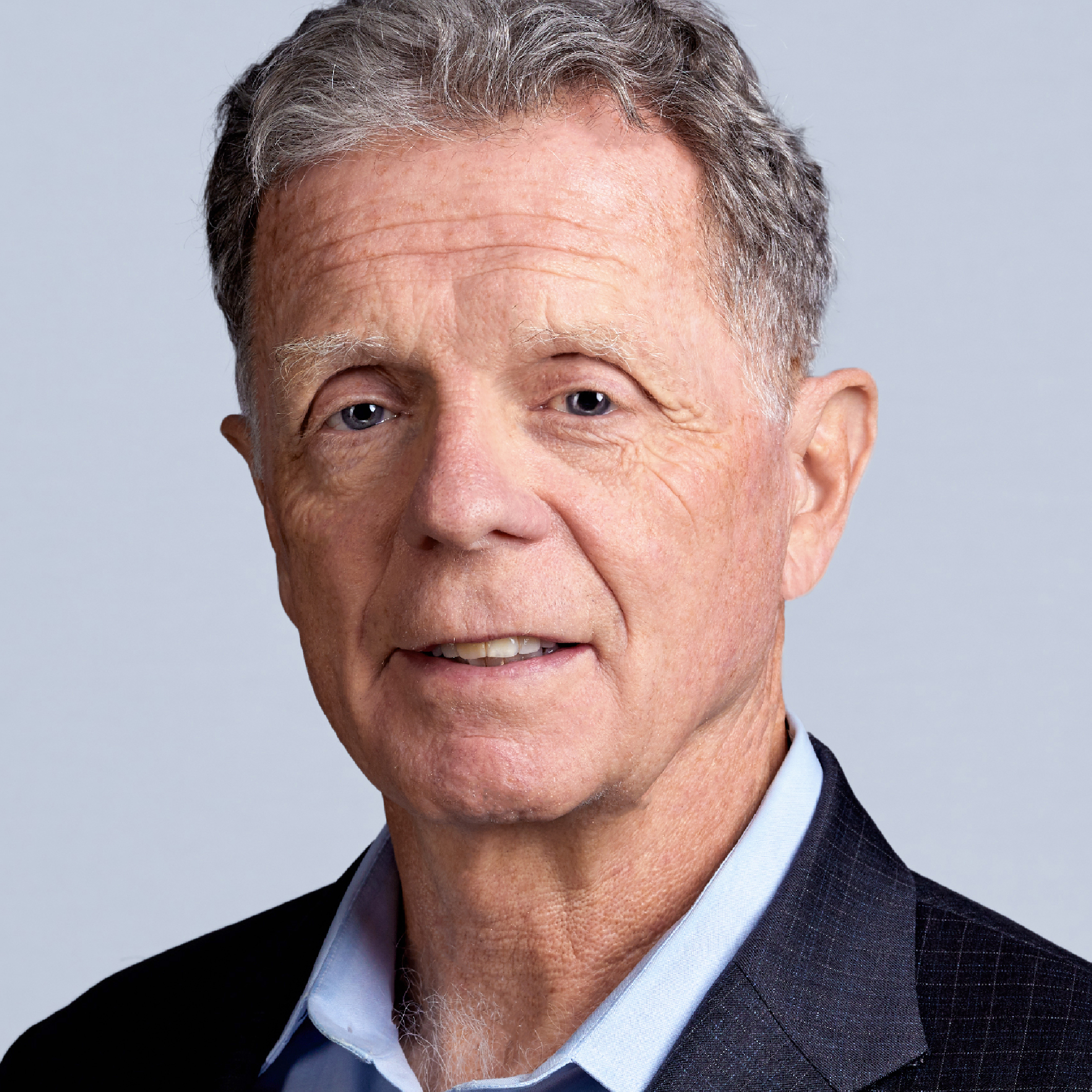
Brent Alderfer
Founder and Board Director, Community Energy, Inc.
Alderfer is an energy entrepreneur who cofounded Community Energy, Inc. and led early development of utility-scale wind and then solar projects in the United States. Alderfer has been a leader in energy market innovation and continues to view climate action as a driver of jobs and economic activity. He is active in energy policy nationally and currently serves on the board of the Council for New Energy Economics. Alderfer previously served as a commissioner on the Colorado Public Utility Commission. He holds an electrical engineering degree from Northeastern University and a law degree from Georgetown University.
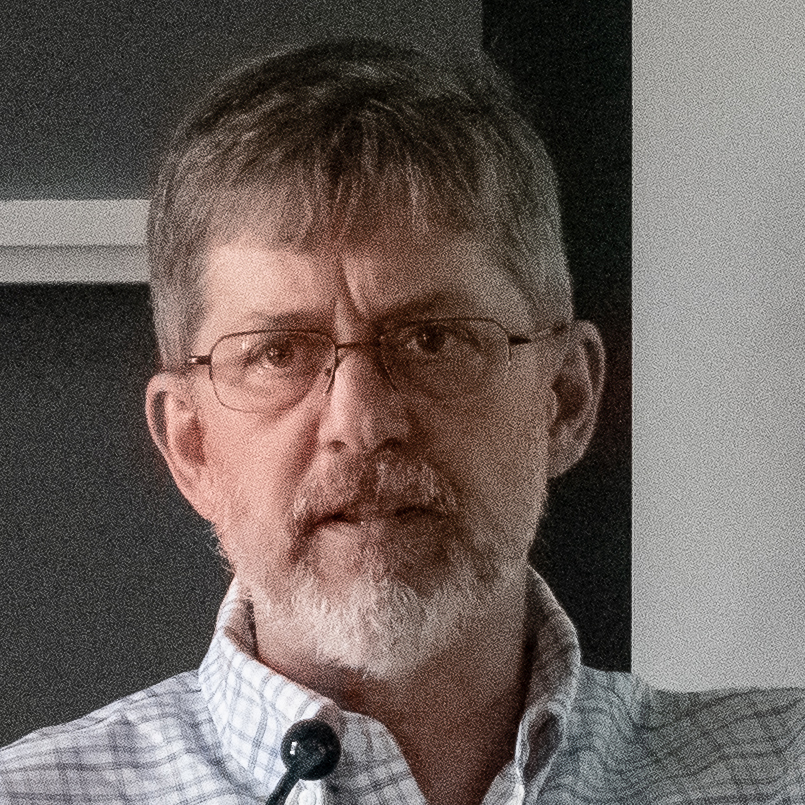
Edward T. Borer
Director, Energy Plant, Princeton University
Borer is actively involved in the campus energy and carbon emissions reduction efforts. He has over 35 years of experience in the power industry, is a registered professional engineer, and holds both undergraduate and graduate degrees in Mechanical Engineering as well as the CEM, CEP, and LEED AP Certifications. He has been active in the leadership of the International District Energy Association and New Jersey Higher Education Partnership for Sustainability and is a founding chair of the Microgrid Resources Coalition. He speaks regularly on energy topics, has published articles in trade magazines, an energy blog, and peer-reviewed journals as well as a book chapter on combined heat and power.
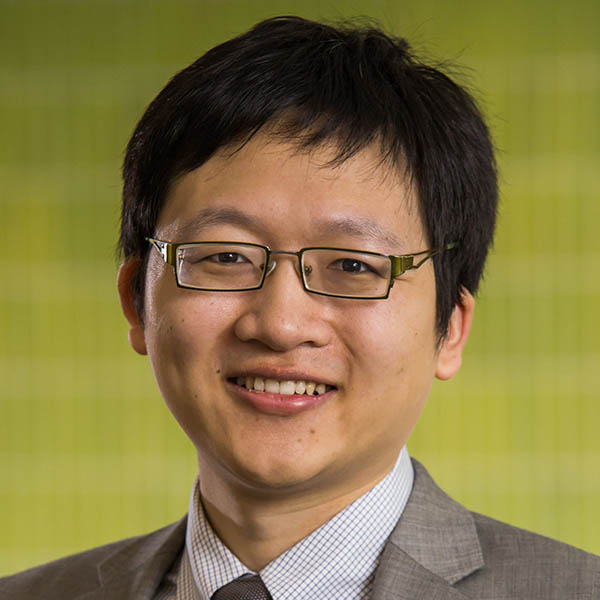
Minjie Chen
Assistant Professor of Electrical and Computer Engineering and the Andlinger Center for Energy and the Environment, Princeton University
Chen is an assistant professor in the Department of Electrical and Computer Engineering and the Andlinger Center for Energy and the Environment. His research interests are in the design of high-performance power electronics for emerging and high-impact applications, including renewable energy, data center, high-performance computing, grid-interface systems, and miniaturized power management systems. He received his B.S. from Tsinghua University in 2009, and his S.M., E.E., and Ph.D. degrees from MIT in 2012, 2014 and 2015 respectively, all in electrical engineering. Chen is the recipient of the NSF CAREER Award, the Chorafas Award for outstanding thesis at MIT, five Prize Paper Awards from the IEEE Transactions on Power Electronics, the First Place Award from Princeton Innovation Forum, and many other prize paper awards. His course was included in the Princeton Dean’s Commendation List for Outstanding Teaching multiple times. He is an associate editor of the IEEE Transactions on Power Electronics and an associate editor of the IEEE Journal of Emerging and Selected Topics in Power Electronics.
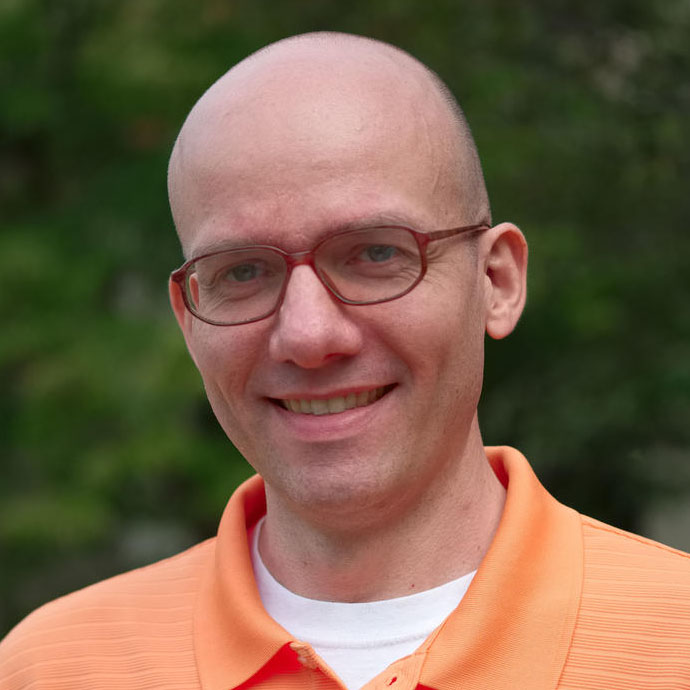
William Evans
Electrical Engineering, Office of Facilities, Princeton University
Evans is an electrical engineer with a B.S. in electrical engineering from The New Jersey Institute of Technology. With over 15 years of experience in the field, Evans has made significant contributions as a key member of Princeton University’s Facilities Engineering and Campus Energy Department. One notable achievement during Evans’ tenure was the successful installation of the university’s first electric vehicle (EV) charging station six years ago. Today, under Evans’ leadership, Princeton University boasts a remarkable network of 85 EV car charging stations and 5 EV bus charging dispensers. Evans’ expertise in electrical engineering and dedication to sustainable energy solutions have been instrumental in driving forward-thinking initiatives. With Evans’ strong background in electrical engineering and a passion for innovation, he continues to play a pivotal role in shaping Princeton University’s sustainable future, leaving a lasting impact on both the institution and the wider community.
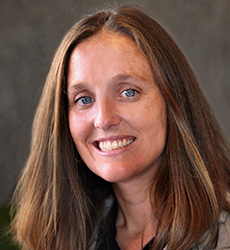
Kelsey Hatzell
Assistant Professor of Mechanical and Aerospace Engineering and the Andlinger Center for Energy and the Environment, Princeton University
Hatzell’s group primarily works on energy storage and is particularly interested in using non-equilibrium X-ray techniques to probe materials for energy and separation applications. Hatzell earned her Ph.D. in Material Science and Engineering at Drexel University, her M.S. in Mechanical Engineering from Pennsylvania State University, and her B.S./B.A. in Engineering/Economics from Swarthmore College. Hatzell’s research group works on understanding phenomena at solid|liquid, solid|gas, and solid|solid interfaces broadly in energy storage and conversion. Hatzell is the recipient of several awards including the ORAU Powe Junior Faculty Award (2017), NSF CAREER Award (2019), ECS Toyota Young Investigator Award (2019), a finalist for the BASF/Volkswagen Science in Electrochemistry Award (2019), the Nelson “Buck” Robinson award from MRS (2019), Sloan Fellowship in Chemistry (2020), and POLiS Award of Excellence for Female Researchers (2021), NASA Early Career Award (2022) and ONR Young investigator award (2023).

Peter Hirsch
Head of Sustainability, 2150
Hirsch is the Head of Sustainability at 2150, a venture capital fund focused on making cities more sustainable, efficient, and resilient. At 2150, he ensures the fund delivers meaningful impact through investment while supporting companies to enhance their sustainability performance. Previous to 2150, Hirsch worked with the European Bank for Reconstruction and Development on climate investments for cities and industries. Originally from America, he holds a master’s degree from Yale University’s School of the Environment and a bachelor’s degree from Middlebury College. Hirsch resides in London.

Ed Knapp
Chief Technology Officer, American Tower
Knapp is responsible for leading the company’s global innovation program, technology investments and strategy. Prior to joining American Tower in 2017, Knapp served as Senior Vice President of Engineering at Qualcomm. He joined Qualcomm after its acquisition of Flarion Technologies. Prior to that he served as the Chief Technology Officer of PacketVideo Corporation, co-founded NextWave Telecom, Inc. and served as its Chief Technology Officer, and was Executive Director of Technical Services for Bell Atlantic/NYNEX Mobile (Verizon Wireless). Knapp serves on the Board of Directors of AST SpaceMobile and the Center for Automotive Research, as well as the Rutgers University Industry Advisory Board. Knapp currently has five granted U.S. patents and one pending application. He earned an M.B.A. from Columbia University, a master of science in electrical engineering from Polytechnic University (NYU) in New York and a bachelor of science in engineering from Stony Brook University.

Stacy Mahler
U.S. Head of Sustainability, Smart Infrastructure, Siemens
Mahler is Head of Sustainability for Siemens Smart Infrastructure (SI) in the U.S. and is responsible for engaging organizations on their sustainability journey with infrastructure enhancements that improve energy efficiency, integrate renewable energy, and enable electrification of transportation and facilities. She also supports the carbon reduction roadmap for Siemens’ SI footprint in the U.S. in alignment with Siemens global sustainability goals and commitments. She holds a degree in electrical engineering from the University of Florida, an MBA from Northwestern University, and has over 15 years of experience in the industrial and energy sectors. Mahler lives in Atlanta with her husband and three children.
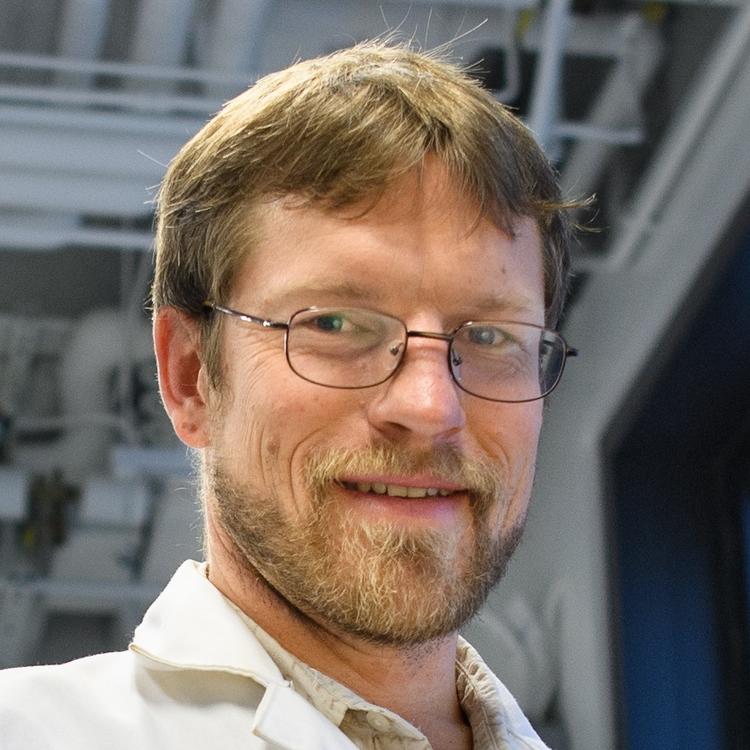
Forrest Meggers
Associate Professor of Architecture and the Andlinger Center for Energy and the Environment, Princeton University
Meggers’ fields of knowledge include building systems design and integration, radiant systems, desiccants, exergy analysis; geothermal energy; seasonal energy storage; building materials; thermodynamics and heat transfer; and heat pumps. Meggers founded and directs CHAOS (Cooling and Heating for Architecturally Optimized Systems) Lab, where he and his research team investigate alternative thermal paradigms to challenge the status quo in thermal system design for the built environment. Meggers has several patents and founded Aquaseek.tech and CHAOSense.com to bring sorption and sensor technology to market while working closely with industry and standards organizations to accelerate critical opportunities for innovation adoption. He prides himself as a bicycle mechanic growing up on a small farm in Iowa, an origin that laid the groundwork for a never ending career of trying to fix broken things.
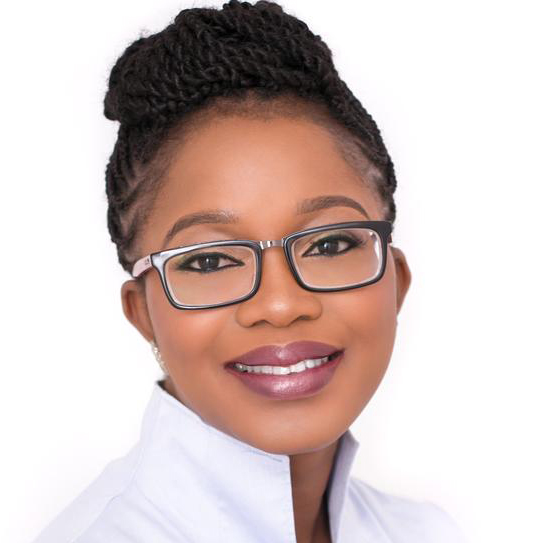
Ijeoma D. Nwagwu
Assistant Director of Academic Engagement and Campus-as-Lab Initiatives, Office of Sustainability, Princeton University
Nwagwu manages academic engagement and Campus-as-Lab initiatives. In this role, she facilitates a portfolio of projects at the nexus of education, research, and operations with the objective of advancing hands-on-learning and applied sustainability; and she serves as an advocate for social justice and environmental equity in public and private governance. Ijeoma served on the faculty of Lagos Business School where she also played a key role in advancing business engagement in development initiatives targeting access to education/livelihoods for underrepresented students, food security and other issues. A masters and doctorate alumni of Harvard Law School, Nwagwu started her career as a civil rights lawyer. She also volunteered with the Institute for Democracy in South Africa where she produced documentaries on law, human rights, and development. Nwagwu later served as a lecturer at St. Mary’s University College, London and consulted for the World Bank, Ford Foundation, and other international organizations. She has published and presented papers in the areas of corporate social responsibility, sustainable development, sustainability education, and nonprofit leadership. She also serves on the board of several organizations including the Association for Research on Civil Society in Africa and BudgIT, a civic organization leveraging technology to drive good governance and social change.

John Pickering
Chief Behavioral Scientist, Evidn
Pickering is the chief behavioral scientist at Evidn, an international applied behavioral science consultancy that partners with governments, higher-education institutions, and large NGOs to understand and influence behavior at a population level. Environmental change and energy transitions are a major focus of Evidn’s efforts. Pickering works across the U.S. and Australia and personally oversees the analysis, design, delivery, and evaluation of behavior change programs – including on the Princeton campus. He is endlessly intrigued by the wonder, beauty, and potential of human nature. He is proud to be a non-resident fellow at Andlinger where he contributes to the Center’s research and teaching activities.

Elke U. Weber
Associate Director for Education, Andlinger Center for Energy and the Environment; Gerhard R. Andlinger Professor in Energy and the Environment; Professor of Psychology and Public Affairs, Princeton University
Weber’s research models decision-making under risk, uncertainty, and time delay from a psychological and neuroscience perspective, with applications to both financial and environmental decisions. She was a lead author on the Fifth Assessment Report and is one on the current Sixth Assessment Report of the UN Intergovernmental Panel on Climate Change (IPCC). Weber has served as president of three professional societies (Neuroeconomics; Judgment and Decision Making; and Mathematical Psychology) and is a fellow of the American Psychological Association, the Association for Psychological Science, and the Society for Experimental Psychology. She received the Distinguished Scientific Contribution Award from the Society for Risk Analysis and is a member of the National Academy of Sciences, the German National Academy of Sciences, and the American Academy of Arts and Sciences.
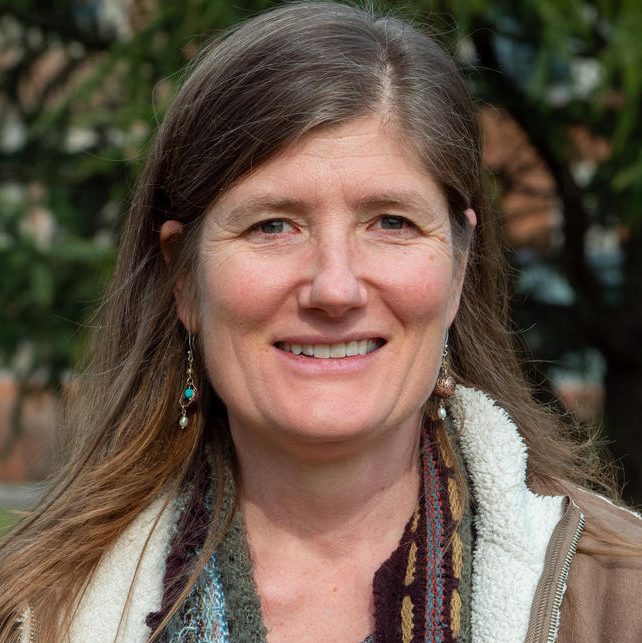
Shana Weber
Founding Director, Office of Sustainability, Princeton University
Weber is the founding director of Princeton University’s Office of Sustainability and has cultivated organizational change via repeatable and scalable sustainability initiatives since 2006. Weber advances strategic actions across campus operational and academic systems toward realizing an ethos of sustainability in service to local and global communities. Her current research interests include climate-change-driven population dynamics of the American pika (Ochotona princeps), ecoregional analysis, the application of behavioral science to sustainability decision-making, and collaborative applied sustainability research within and across academic institutions. Weber serves as a board member for the municipal non-profit Sustainable Princeton, senior advisor to the NE Campus Sustainability Consortium, and senior leadership liaison for the Ivy+ Sustainability Consortium. Weber earned her B.S. in zoology from the Ohio State University, and MSES and Ph.D. in environmental science from the Indiana University School of Public and Environmental Affairs, Bloomington.
